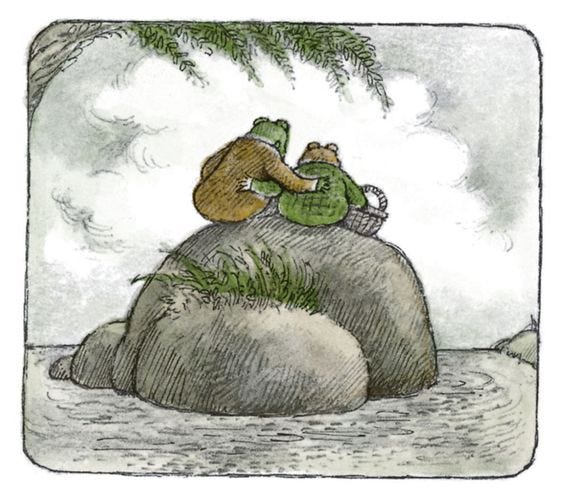How to Disagree With a Friend
People do not know how to disagree well. People need to get better at disagreeing because many people are wrong. I am sympathetic to why people do not know how to disagree well because I see no discipline teaching the full suite of skills needed to do so.
Skilled awareness in three areas is needed to get good at disagreeing: informal logic, felt senses, …
Keep reading with a 7-day free trial
Subscribe to Less Foolish to keep reading this post and get 7 days of free access to the full post archives.

